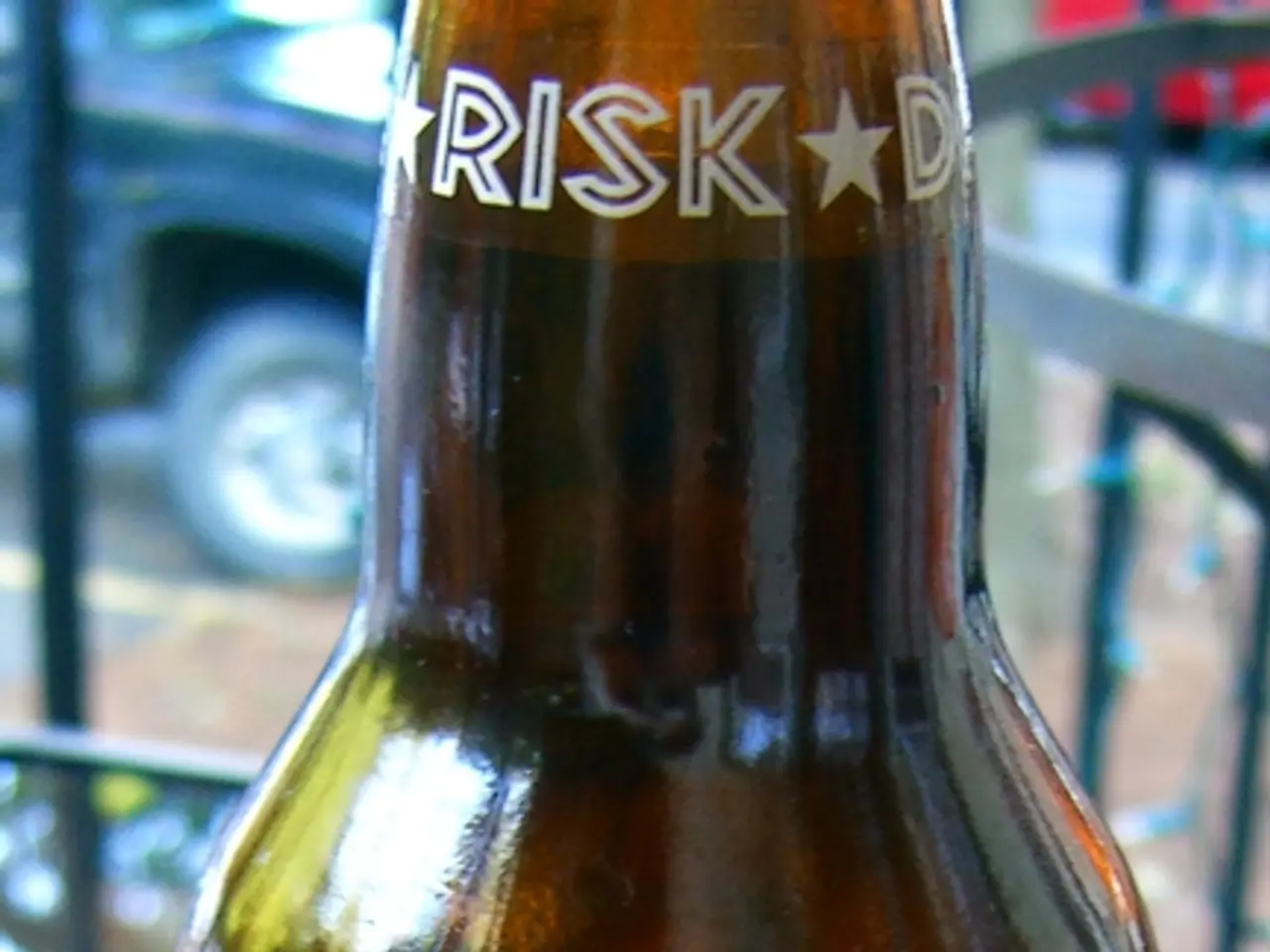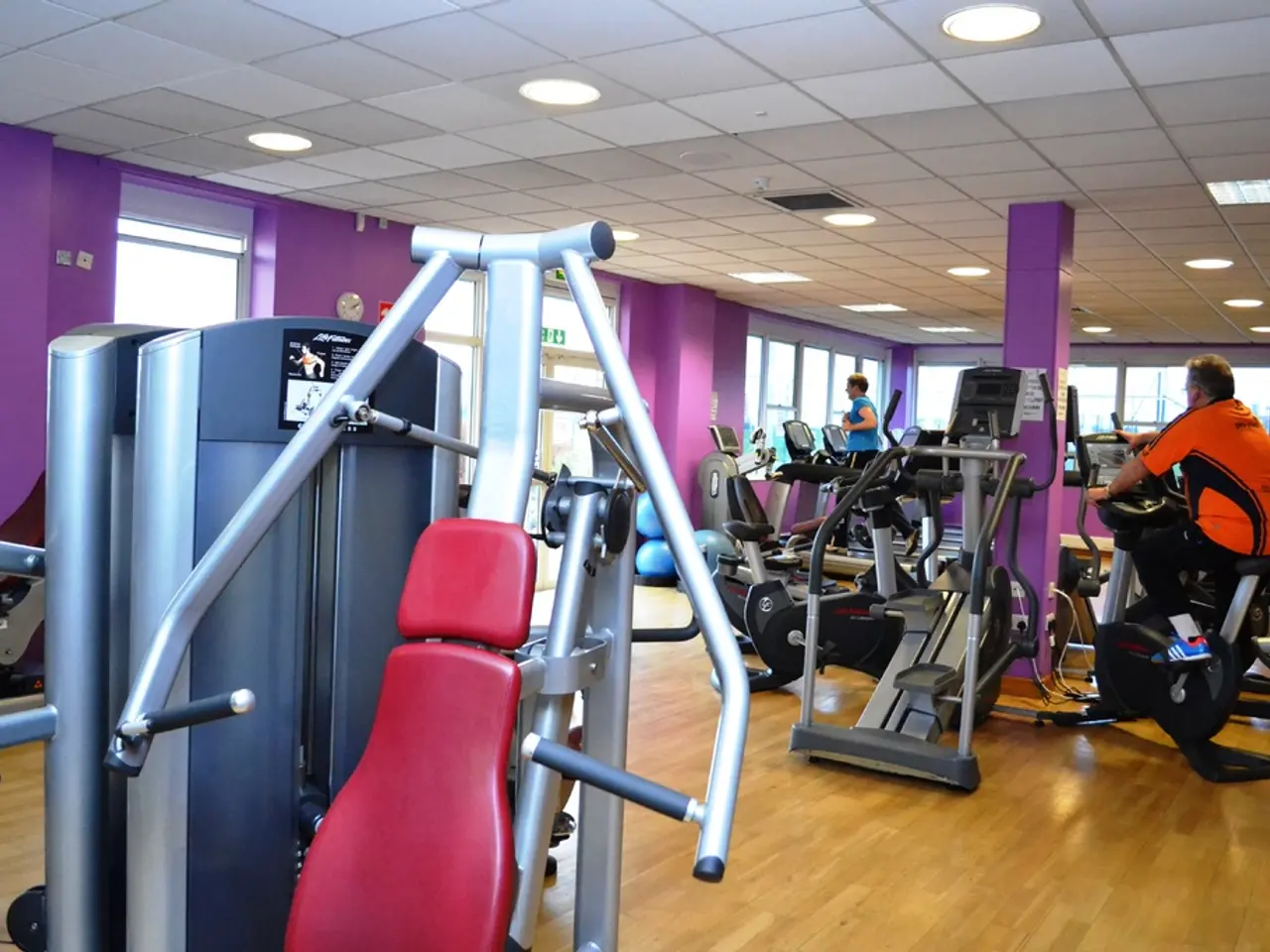Soy and Breast Cancer: Examining Its Impact on Cancer Chances
In the world of nutrition, there's been a growing interest in the potential benefits of soy for breast cancer prevention and management. Here's a breakdown of what the research tells us so far.
Soy, particularly whole soy foods like tofu, soybeans, and soy milk, appears to be associated with a reduced risk of breast cancer development and recurrence. This protective effect is particularly pronounced among Asian populations, with stronger benefits observed in postmenopausal women and those with higher lifetime soy intake starting in adolescence.
A large prospective Chinese study found up to a 50% reduced risk for women with high soy protein intake during adolescence and adulthood, while a meta-analysis of multiple studies reported a 28% reduction in breast cancer risk, especially with fermented soy products. Fermented soy is believed to enhance anti-cancer bioactive compounds, showing greater protective effects than unfermented soy.
However, it's a different story when it comes to highly processed soy protein isolates and certain soy phytoestrogens. Animal studies have yielded conflicting results, with some showing decreased tumor incidence, but others noting increased tumor invasiveness or enhanced estrogen receptor–mediated tumor growth. These findings raise caution about recommending soy protein isolate for women with or at risk for breast cancer.
Soy isoflavones, such as genistein and daidzein, also exhibit complex effects, potentially stimulating or inhibiting breast cancer cell growth depending on dose and individual differences.
In summary, whole or fermented soy foods tend to be associated with a lower risk of breast cancer development and recurrence, particularly when consumed regularly from adolescence onward. Isolated soy protein and pure isoflavones have less clear or potentially adverse effects, based mainly on animal studies. This suggests a preference for less processed soy sources for breast cancer risk reduction.
It's important to note that moderate consumption of soy does not increase cancer growth, and people with a diagnosis of breast cancer can safely consume soy products, including soy lecithin and soy oil. However, experts generally agree that soy consumption is safe following a diagnosis of breast cancer.
For those considering making significant changes to their diet, it's always a good idea to speak with a doctor first. Some doctors recommend minimizing intake of soy protein powder supplements or soy protein isolate for those with hormone-sensitive cancer.
The average daily intake of soy in the U.S. is 1-3 milligrams (mg), while the average daily intake in Japan is 25-50 mg. Eating between 25-50 mg of soy a day may provide a positive preventive effect against breast cancer.
Further studies are necessary to help determine the amount of soy a person needs to eat to experience beneficial effects against breast cancer. Breast cancer is the most common cancer globally, and understanding the role of diet in prevention and management is a crucial area of ongoing research.
Lastly, it's worth mentioning that secondary sources of soy (soy-based meat derivatives and meat products with added soy protein) contain significantly more phytoestrogens. The Food and Drug Administration (FDA) does not regulate the supplement market in the same way as pharmaceuticals, meaning different soy supplements may contain higher or lower concentrations of soy-based products.
In conclusion, while the evidence suggests that primary sources of soy may lower the risk of breast cancer, it's essential to approach soy consumption thoughtfully and consult with a healthcare professional for personalised advice.
- The protective effect of soy against breast cancer development and recurrence is particularly pronounced among Asian populations, especially postmenopausal women and those with higher lifetime soy intake beginning in adolescence.
- A large Chinese study found up to a 50% reduced risk for women with high soy protein intake during adolescence and adulthood, while a meta-analysis of multiple studies reported a 28% reduction in breast cancer risk, especially with fermented soy products.
- However, highly processed soy protein isolates and certain soy phytoestrogens may exhibit complex and potentially adverse effects, based mainly on animal studies.
- Soy isoflavones, such as genistein and daidzein, can stimulate or inhibit breast cancer cell growth depending on dose and individual differences.
- Moderate consumption of soy does not increase cancer growth, and people with a diagnosis of breast cancer can safely consume soy products.
- Further studies are needed to help determine the amount of soy a person needs to eat to experience beneficial effects against breast cancer, as it's crucial to approach soy consumption thoughtfully and consult with a healthcare professional for personalized advice.




